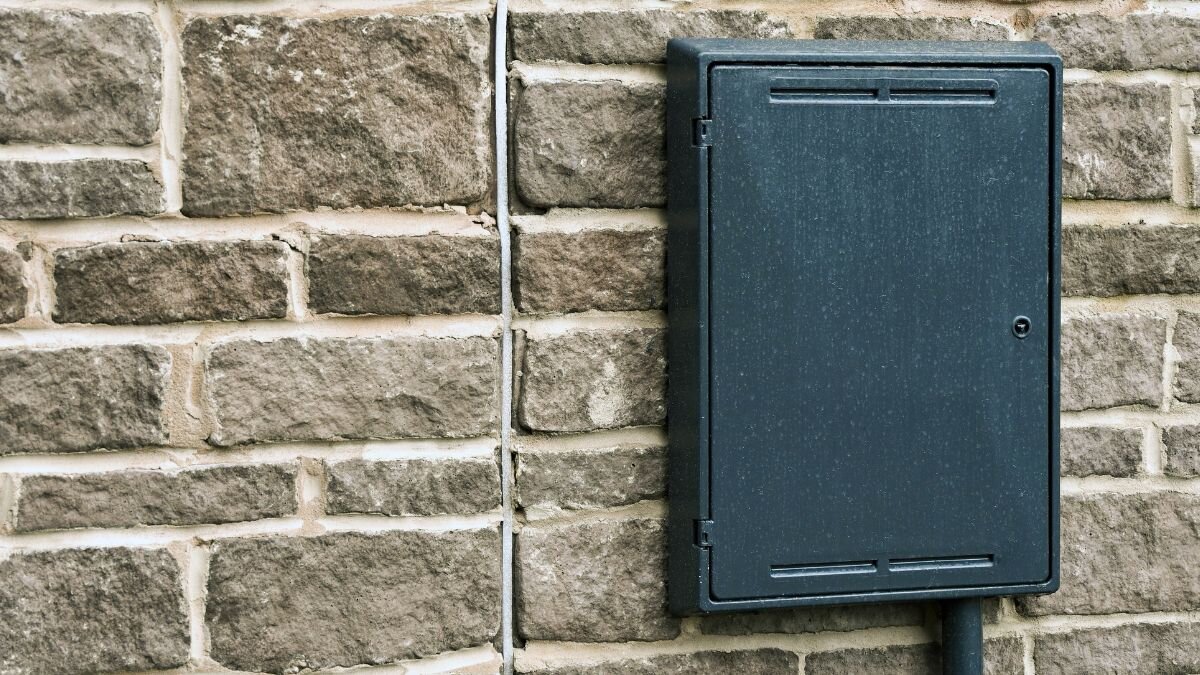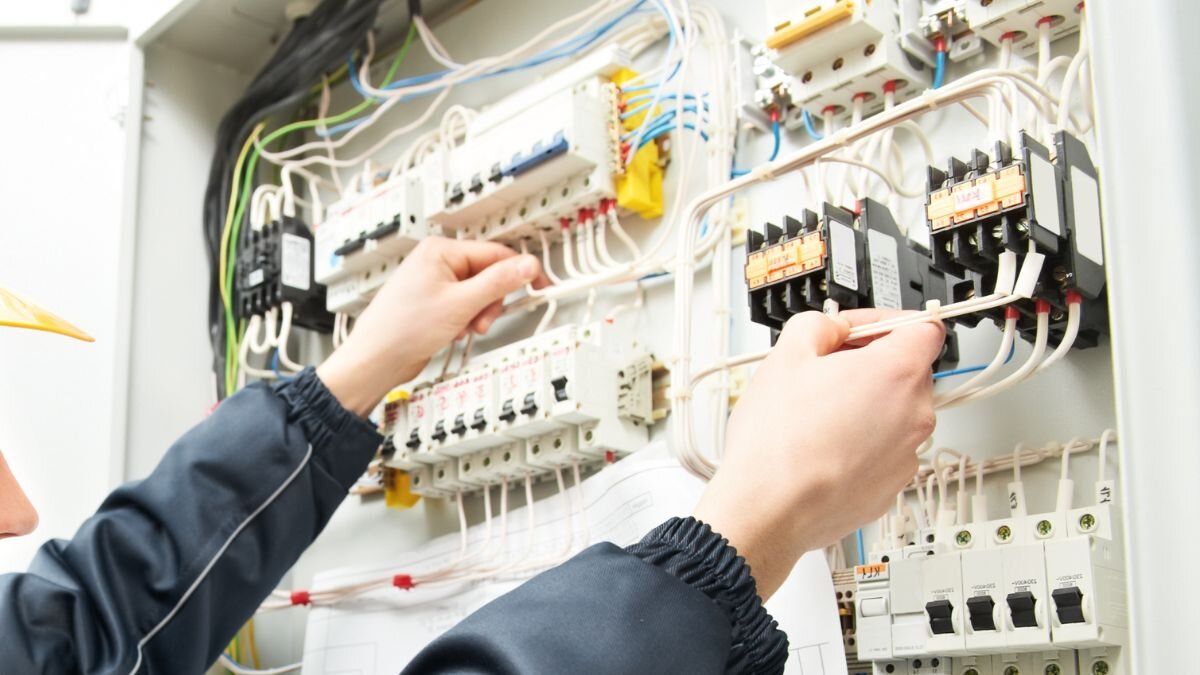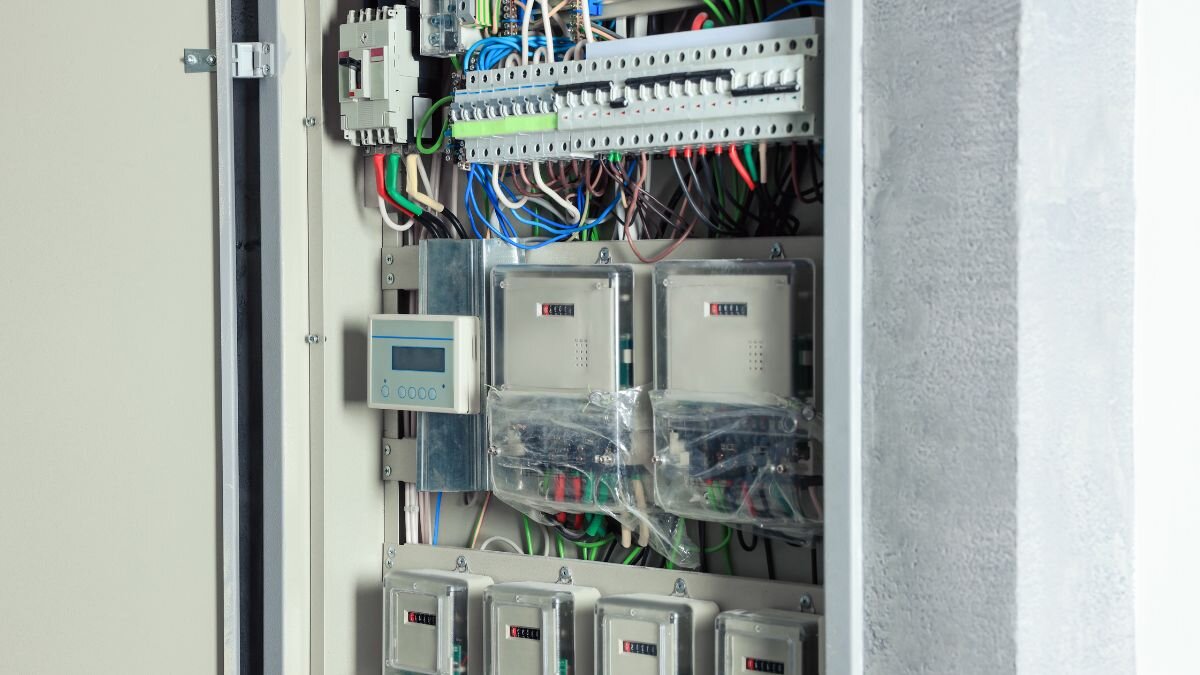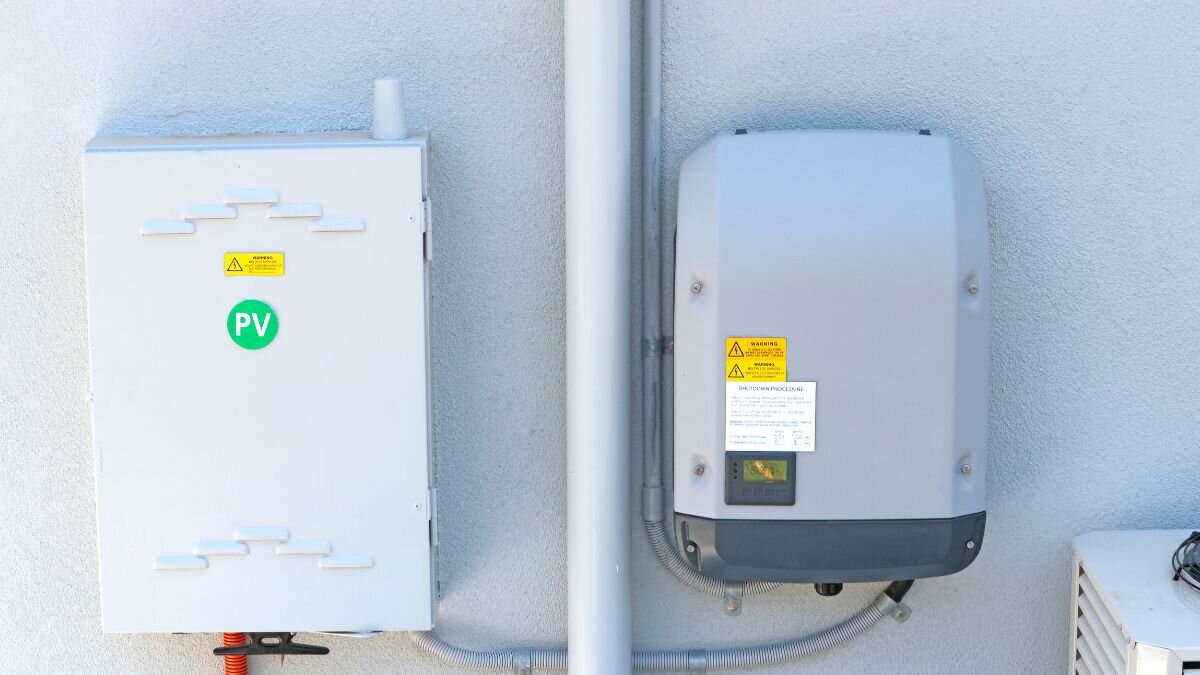Switchboard Placement for Home Upgrades
When upgrading your home, switchboard placement often gets overlooked. This guide explains its importance and provides tips for optimal placement to ensure safety and efficiency in your electrical system. Learn how strategic placement can enhance your home’s electrical performance.
Australians have poured a staggering $12 billion into home renovations in 2021, transforming houses into personal retreats. While kitchens and bathrooms often dominate renovation plans, a crucial element frequently overlooked is the switchboard.
This often-ignored component plays a vital role in a home’s electrical system. Its strategic placement significantly impacts safety, efficiency, and overall home functionality. Let’s explore the importance of this often-overlooked aspect of home renovations.
Understanding Switchboards: What They Do and Why They Matter
An electrical switchboard is an essential component of a home’s electrical system, distributing electrical power from the main power supply to various circuits. The switchboard installation involves connecting electrical wiring and electrical equipment.
Modern switchboards are equipped with circuit breakers and safety switches to prevent electrical shocks and electrical fires. Switchboard placement in utility rooms, garages, or other easy-access areas ensures they are easily accessible for maintenance and future upgrades.

Safety devices like circuit breakers and safety switches are vital; they prevent overloading circuits and protect against short circuits. A qualified electrician should install a new electrical switchboard or upgrade it. Licensed electricians ensure the switchboard is properly grounded and meets regulatory requirements.
Switchboard location is crucial. It should be away from wet areas and provide sufficient clearance. Modern switchboards handle more appliances like pool pumps and water heaters without flickering lights. Switchboard installation by a professional electrician helps prevent electric shocks and other hazards.
For switchboard maintenance, a local electrician can determine if safety switches or circuit breakers need replacing. Installing a new switchboard increases the house’s electrical capacity and safety. Always consult a licensed electrician for properly grounded and safe switchboard installation.
Signs Your Switchboard Needs Upgrading
Understanding when your electrical switchboard needs an upgrade is crucial for home safety. Here are key signs to watch for and the risks of ignoring them.

Common Signs of an Outdated Switchboard
- Frequent Tripping: If your circuit breaker trips often, it indicates an overloaded electrical circuit. This means your current switchboard may not handle the electrical power demands of modern appliances.
- Flickering Lights: Flickering or dimming lights can be a sign of inadequate electrical wiring or faulty switchboard components.
- Ceramic Fuses: Older switchboards with ceramic fuses instead of modern circuit breakers are less safe and effective.
- No Safety Switch: The absence of a safety switch makes your house prone to electric shocks.
- Warm Switchboard: A warm or hot switchboard indicates overheating, which can lead to an electrical fire.
Risks of Ignoring These Signs
- Electrical Fires: An outdated electrical switchboard increases the risk of electrical fires due to short circuits or overheating.
- Electric Shock: Without a safety switch, there’s a higher risk of electric shock from faulty electrical equipment.
- Power Interruptions: An overloaded switchboard can cause frequent power outages, disrupting your house’s power supply.
Addressing the Issues
- Switchboard Upgrade: Consider a new switchboard with modern circuit breakers and safety switches.
- Switchboard Installation: Ensure professional installation by a licensed electrician to handle the electrical current safely.
- Ideal Location: Install the switchboard in utility rooms or garages, ensuring it’s easily accessible for maintenance.
Upgrading your switchboard ensures all devices and circuits are safely connected, reducing the risk of electric shock and electrical fires. Always consult an electrician for proper installation and maintenance.
Where Should You Install a Switchboard?
Choosing the right location for switchboard installation is crucial for safety and efficiency.
Utility rooms are a common location for switchboards. They provide easy access and are typically free from appliances that could obstruct switchboard installation. Another ideal spot is the garage, where the switchboard can be easily accessible yet out of the way of daily activities. Ensure the switchboard is mounted on a sturdy wall.
The switchboard should be installed in a place that is easily accessible for maintenance and emergencies. This means avoiding spots blocked by equipment or furniture. Safety is another key factor; avoid installing the switchboard near hazards like wet areas.

Proper switchboard installation reduces risks of electricity exposure and short circuits. Compliance with local regulations is essential. Licensed electricians must determine the best location and ensure the installation meets safety standards.
Proper switchboard placement enhances power distribution efficiency. It ensures the main switch, circuit breakers, and safety switches are easily reachable. A new switchboard with modern components like upgraded fuses and circuit breakers helps manage electrical current effectively. Good placement also facilitates better connection of circuits and devices, reducing the risk of short circuits and ensuring a reliable power supply.
Always consult a professional to install your switchboard correctly, guaranteeing it handles the electrical current safely and meets all regulatory standards.
Factors to Consider for Optimal Switchboard Placement
Selecting the optimal placement for a switchboard is crucial for both safety and efficiency. Here are key factors to consider.
Accessibility
The switchboard should be easily accessible for routine maintenance and in case of emergencies. It should be free from obstructions like equipment or large appliances. This ensures quick access to the main switch and circuit breakers.
Safety
Safety is paramount when installing a switchboard. It should be located away from hazards such as wet areas to reduce the risk of electric shocks and short circuits. Installing the switchboard on a sturdy wall in a garage or utility room is advisable. This placement not only keeps it safe from hazards but also ensures it is properly grounded.
Regulatory Standards
Compliance with local regulatory standards is essential. Licensed electricians must determine the best location for the switchboard to ensure it meets all safety and installation regulations. This guarantees that the electrical current is managed safely and effectively.
Improving Electrical Efficiency and Safety
Proper switchboard placement enhances the efficiency of the electrical system. It ensures that circuit breakers, safety switches, and other components are easily reachable, which helps in managing the power supply more effectively. A well-placed new switchboard with modern components reduces the risk of short circuits and ensures reliable electricity distribution.
Always consult a licensed professional for switchboard installation to ensure optimal placement and safety.
Switchboard Placement Tips for Different Home Types
Proper switchboard placement varies by home type and is crucial for safety and efficiency. Here are some tips for different home types.

Single-Storey Houses
In single-storey houses, the switchboard is best placed in a garage or utility room. These locations offer ample space and easy access. A common challenge is keeping the switchboard away from wet areas and appliances. The solution is to install it on a sturdy wall in a dry, accessible area.
Multi-Storey Houses
For multi-storey houses, the switchboard should be located on the ground floor, near the main power supply. Ensure it is in an open area for easy access. A challenge here is managing multiple circuits across floors. Consult a licensed electrician to design an efficient layout.
Apartments
In apartments, space constraints often pose a challenge. The switchboard should be placed in a utility room or a designated closet. Ensure it is easily accessible and away from high-traffic areas. Solutions include using compact, modern switchboards that fit small spaces effectively.
Future-Proofing Your Home’s Electrical System
Strategically positioning your home’s switchboard is crucial for efficient and safe electrical distribution. By considering future electrical demands, such as solar panels or electric vehicle charging stations, you can future-proof your home’s electrical system. An upgraded switchboard not only enhances safety but also increases your home’s value.
If your switchboard is outdated or inconveniently located, consider relocation. Sydney Level 2 Electricians specialise in switchboard relocation and can provide expert advice on the best placement for your home’s specific needs. Contact us today to discuss your options and schedule a consultation.